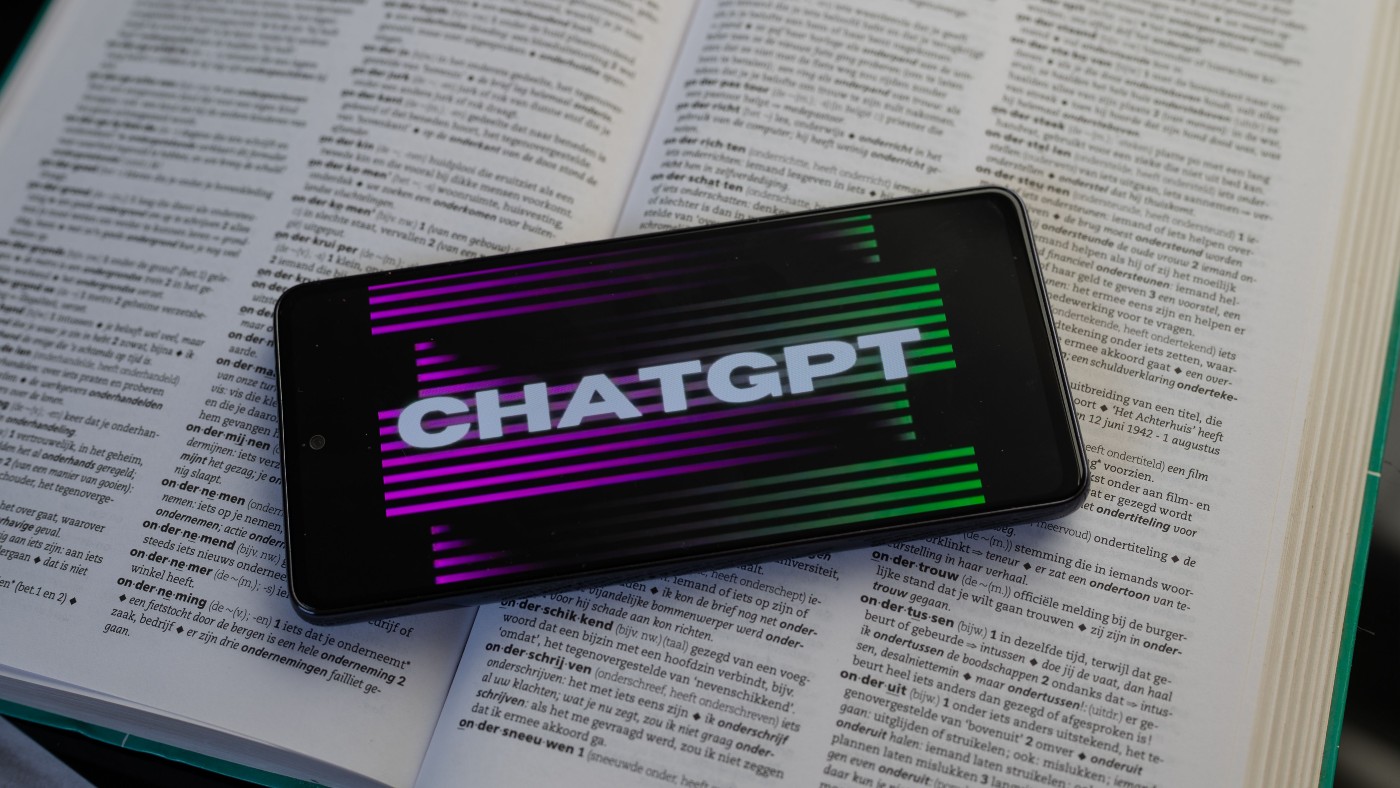AI-generated books: the rising tide of junk
AI-generated titles could flood the internet with mediocre and inaccurate content

A free daily email with the biggest news stories of the day – and the best features from TheWeek.com
You are now subscribed
Your newsletter sign-up was successful
The first book about the Maui wildfires hit Amazon just two days after the disaster struck, said Kevin Hurler on Gizmodo. The 86-page self-published volume, Fire and Fury, briefly jumped to No. 1 in Amazon’s “environmental science” category. Problem is, “evidence that the book was simply churned out by a machine is overwhelming”.
It’s credited to a mysterious “Dr. Miles Stones”, who found time to write two other books in the course of a week. Amazon quickly removed the title, but not fast enough to keep it from inciting conspiracy theories from readers who believed the speed of its publication proved the Maui fire was “pre-planned”.
‘Mediocre AI-generated titles’
Searches on Amazon are increasingly turning up such mediocre AI-generated titles, said Scott Rosenberg on Axios. It’s hard for readers to sift through titles to distinguish real books from “ersatz” ones. Reader reviews could help, but the reviews themselves “are also beginning to fill up with AI-generated posts intended to skew the ratings”.
The Week
Escape your echo chamber. Get the facts behind the news, plus analysis from multiple perspectives.

Sign up for The Week's Free Newsletters
From our morning news briefing to a weekly Good News Newsletter, get the best of The Week delivered directly to your inbox.
From our morning news briefing to a weekly Good News Newsletter, get the best of The Week delivered directly to your inbox.
Virtually no category of books is immune to the AI flood, said Seth Kugel and Stephen Hiltner in The New York Times. Many of the titles have the same “cookie-cutter design” and often “troubling omissions”. Books on travel to Russia fail to mention the Ukraine War, for instance, and “include no up-to-date safety information”. And similar junk content is finding its way all over the internet.
‘We’re about to fill the internet with blah’
A Microsoft guide to Ottawa recently listed a food bank as a destination for hungry tourists. The proliferation of AI-written content in books and on the internet is becoming a problem “for the AI companies themselves”, said Robert McMillan in The Wall Street Journal. AI models like ChatGPT are trained on public datasets. And as those datasets are filled with low-quality AI content, large learning models “digest data they have created” and become less useful. If the flood of AI-generated clutter doesn’t abate, “future AIs trained on this material will ultimately spiral into gibberish”, said Mia Jankowicz on Business Insider.
Over generations of training, errors are repeated and multiplied in what the University of Cambridge’s Prof Ross Anderson calls “model collapse”. Anderson thinks this process is already under way. We’ve already “strewn the oceans with plastic trash and filled the atmosphere with carbon dioxide”, he wrote in a recent study, and now “we’re about to fill the internet with blah”.
A free daily email with the biggest news stories of the day – and the best features from TheWeek.com